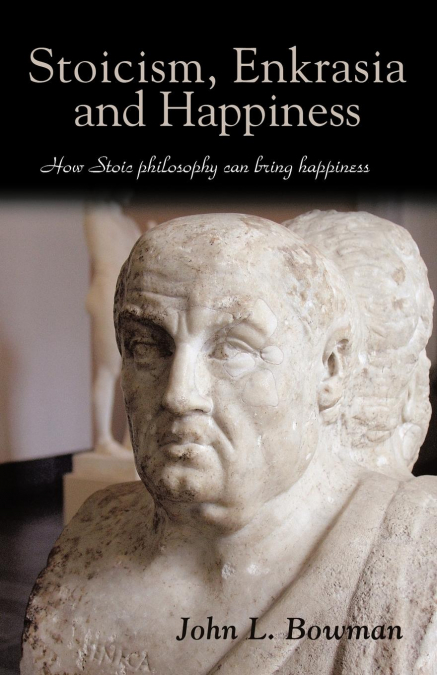
 Librería Perelló (Valencia)
Librería Perelló (Valencia)
 Librería Aciertas (Toledo)
Librería Aciertas (Toledo)
 Librería Elías (Asturias)
Librería Elías (Asturias)
 Donde los libros
Donde los libros
 El AlmaZen del Alquimista (Sevilla)
El AlmaZen del Alquimista (Sevilla)
 Librería Kolima (Madrid)
Librería Kolima (Madrid)
 Librería Proteo (Málaga)
Librería Proteo (Málaga)
This book is about the philosophy of Stoicism and how it can help people achieve greater personal happiness. There are many ways of living and thinking that lead to unhappiness. These ways are paradigms for unhappiness that can cause people to pursue false gods. Some struggle trying to make reality adjust to them rather than adjusting themselves to reality; some invest their happiness in capricious passion that is never fully satisfied; others spend their lives desiring that which they don’t need; and many live their lives in ignorance, unaware of why they do what they do, and fearing that which they do not understand.The ancient philosophy of Stoicism is a way to penetrate these paradigmatic sources of unhappiness. Stoicism was the ancient philosophy of Cicero (106 BC-43 BC), Seneca (4 BC-65 AD), Epictetus (c. AD 50-138), and Marcus Aurelius (121-180 AD). It is a philosophy whose principle objective is to bring human happiness, or tranquility of the mind. It is a philosophy that, according to Seneca, helps those facing death, the poor, those whose lives have been ruined, and those who are suffering. Its fundamental principles are that the world is as we make it and that we have the ability to make our worlds better through our own will-power. The Stoics believed that nature has given us the tools to achieve happiness, and all we have to do is use them.